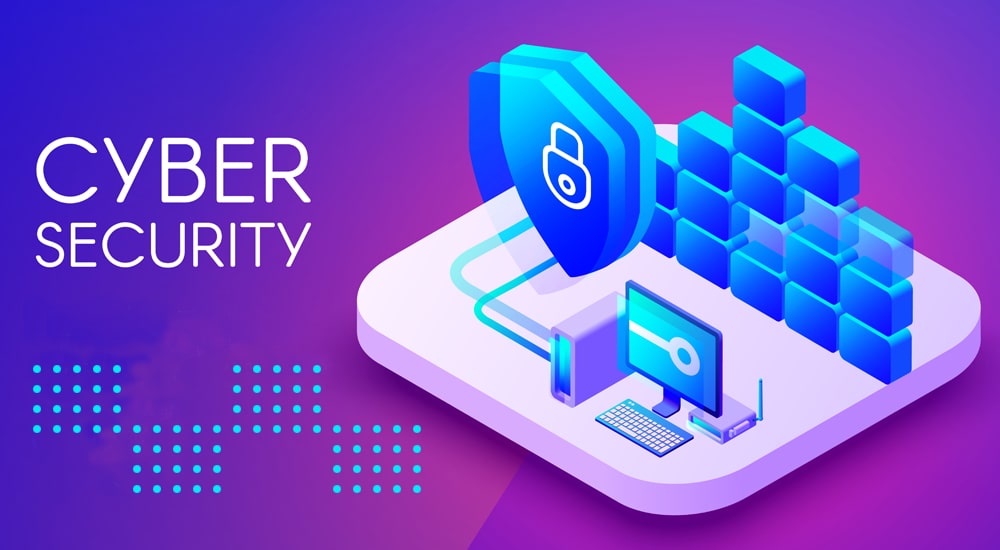
As businesses increasingly rely on digital technologies, the importance of cybersecurity services has never been more critical. With the rise of cyber threats, including data breaches, ransomware attacks, and phishing schemes, organizations must proactively protect their sensitive data and IT infrastructure. Cybersecurity services provide the expertise and resources needed to safeguard against these threats, ensuring business continuity and data integrity. This article explores the significance of cybersecurity services, their benefits, different types available, and key considerations for selecting a provider.
What are Cybersecurity Services?
Cybersecurity services encompass a range of practices and solutions designed to protect organizations from cyber threats. These services aim to prevent, detect, and respond to security incidents, ensuring that sensitive information and IT assets are secured against unauthorized access and exploitation. Cybersecurity services can include risk assessments, threat monitoring, incident response, and compliance management.
Benefits of Cybersecurity Services
1. Protection Against Cyber Threats
The primary benefit of cybersecurity services is the protection they provide against a wide array of cyber threats. These threats can come in many forms, including malware, phishing attacks, and denial-of-service (DoS) attacks. By implementing robust cybersecurity measures, organizations can mitigate the risk of data breaches and protect their sensitive information.
2. Data Security and Privacy
With the growing concern over data privacy, organizations must ensure that they comply with relevant regulations such as GDPR, HIPAA, or PCI DSS. Cybersecurity services help businesses implement the necessary controls to safeguard personal and sensitive data, reducing the risk of legal repercussions and financial penalties.
3. Incident Response and Recovery
In the event of a cyber incident, having a well-defined incident response plan is crucial. Cybersecurity services include incident response planning, allowing organizations to respond swiftly and effectively to security breaches. This minimizes downtime, limits damage, and ensures a quicker recovery.
4. Continuous Monitoring and Threat Detection
Cybersecurity services often involve continuous monitoring of IT systems to detect potential threats in real-time. This proactive approach enables organizations to identify vulnerabilities and respond to incidents before they escalate. Advanced threat detection solutions, such as Security Information and Event Management (SIEM) systems, can analyze data from various sources to pinpoint suspicious activities.
5. Cost-Effectiveness
Investing in cybersecurity services can ultimately save organizations money in the long run. The cost of a data breach can be substantial, including legal fees, regulatory fines, and reputational damage. By implementing effective cybersecurity measures, businesses can significantly reduce the risk of costly incidents.
6. Employee Training and Awareness
Cybersecurity services often include training programs to educate employees about security best practices. Human error is a leading cause of security breaches, so raising awareness among staff can significantly improve an organization’s security posture. Training programs can cover topics such as recognizing phishing emails, safe browsing habits, and data handling procedures.
Types of Cybersecurity Services
- Risk Assessment and Management: This service involves evaluating an organization’s security posture to identify vulnerabilities and risks. Consultants provide recommendations for mitigating those risks and improving overall security.
- Threat Monitoring and Detection: Continuous monitoring of networks and systems to detect suspicious activities and potential threats. This service often includes the use of advanced analytics and machine learning to identify anomalies.
- Incident Response Services: In the event of a cyber incident, incident response services provide immediate support to contain and remediate the situation. This includes investigating the breach, mitigating damage, and restoring normal operations.
- Compliance Management: Ensuring that an organization meets relevant regulatory requirements is critical. Compliance management services help businesses navigate regulations and implement necessary controls to avoid penalties.
- Security Awareness Training: Employee training programs designed to educate staff about cybersecurity threats and best practices. This service aims to reduce the likelihood of human error leading to security incidents.
- Managed Security Services (MSS): These services involve outsourcing cybersecurity functions to a third-party provider. MSS typically include threat detection, incident response, and security monitoring, allowing organizations to focus on their core business operations.
Key Considerations When Selecting Cybersecurity Services
- Expertise and Experience: Look for a cybersecurity provider with a proven track record in the industry. Assess their experience in handling incidents similar to those faced by your organization.
- Comprehensive Solutions: Ensure that the provider offers a full suite of cybersecurity services that address your organization’s specific needs. This includes risk assessment, threat monitoring, incident response, and employee training.
- Customized Approach: Every organization has unique cybersecurity requirements. Choose a provider that offers tailored solutions based on your business size, industry, and specific challenges.
- Reputation and References: Research the provider’s reputation by reading customer testimonials and case studies. A strong reputation and positive feedback from previous clients are good indicators of quality service.
- Regulatory Compliance: Verify that the cybersecurity provider understands and complies with relevant regulations in your industry. They should have experience in helping organizations meet compliance requirements.
- Cost and Value: Assess the cost of services compared to the value they provide. While cybersecurity is an investment, ensure that the services align with your budget and provide a good return on investment.
Conclusion
In today’s digital landscape, cybersecurity services are essential for protecting organizations from an ever-evolving array of cyber threats. By investing in these services, businesses can safeguard sensitive data, ensure compliance, and maintain operational continuity. The benefits of cybersecurity services extend beyond mere protection, providing organizations with peace of mind and a competitive edge in the marketplace.
If your organization is looking to enhance its cybersecurity posture, consider partnering with Great Computer Solutions. Their team of experts is dedicated to helping businesses implement effective cybersecurity measures that protect against threats and ensure long-term success.





